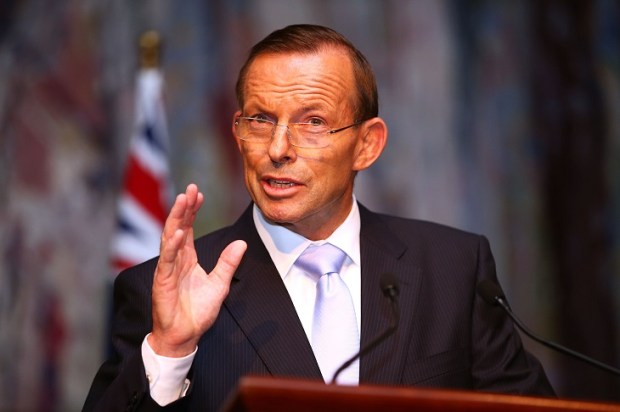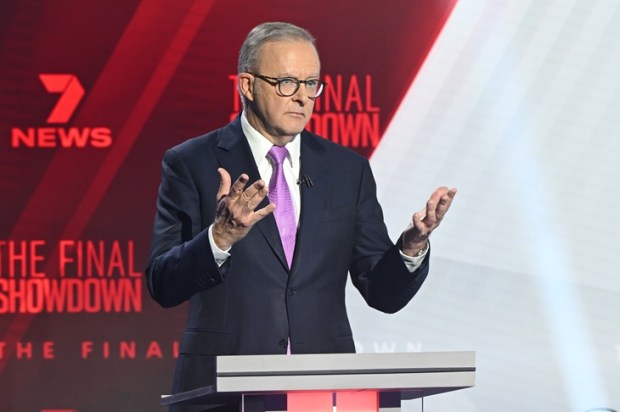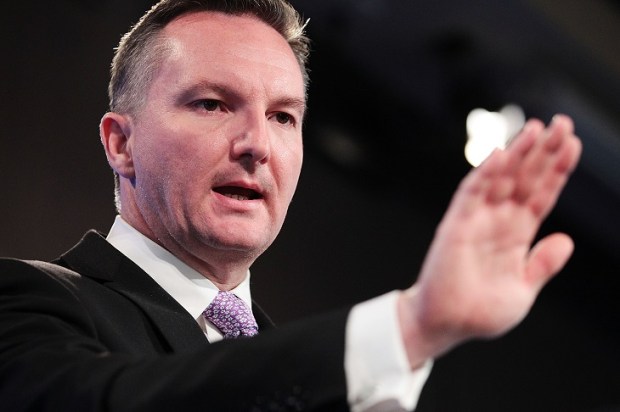Recent years have seen a strengthening dominance of politics over individual and commercial decision-making. This is readily evident in the growth of regulations and government spending increasing from under 20 per cent of the economy a century ago to around (and over) 50 per cent today.
Within democracies, these developments are due to electorates demanding income redistributions and tolerating increased national debt – oblivious to the adverse effects on their own future living standards. There are very few political leaders of stature like Singapore’s Lee Kuan Yew, Margaret Thatcher, or Donald Trump who seek to persuade voters of the folly of such demands. Most opt for policies that reflect popular opinion.
Hence, established political parties increasingly promise ‘free’ goods and services, while new parties have emerged, normally offering even more favours than the established parties.
Preventing what many people have been led to accept as catastrophic climate change from burning fossil fuels has become a leading proffered favour. The popularity of these policies derives from the weight of misleading information on the dangers of human-induced climate change together with soothing claims that weather-dependent renewables are cheaper than fossil (and nuclear) fuels. Those claims fail the test of, ‘Why then do wind and solar need subsidies?’ And, ‘Why has their growth coincided with price rises?’ In Australia, two decades of subsidies to wind and solar have resulted in their share of electricity supply rising from zero to 20 per cent and electricity prices rising more than twice as fast as overall prices.
Popular acceptance of impending climate disaster and of the tolerable costs of avoiding it by a forced replacement of fossil fuel energy has radically re-centred the political pendulum. Over the past 20 years, Australia’s Coalition parties and the ALP have shifted from a policy that first sought impartiality in energy supply, to one requiring ‘2 per cent of additional’ electricity supply to be derived from wind and solar, to a ‘Net Zero’ target that expunges coal and gas from energy supply.
Yesterday the government announced it will require the nation’s 215 largest facilities to cut their emissions by 30 per cent by 2030. According to Minister Chris Bowen, this new imposition on Australia’s largest firms was ‘carefully calibrated to deliver the policy certainty and support Australian industry needs through decarbonisation’.
The latest announcement is a substantiation that popular sentiment favours an even faster purging of fossil fuels, a sentiment that has turbocharged support for the Greens and their supposedly conservative counterparts, the Teals. In the latest Commonwealth election, six affluent and stylish middle-aged Teals sirens won formerly safe Liberal Party seats. Indeed, only 12 per cent of the electorate supported the ‘freedom parties’ like One Nation that opposed further measures to force the ‘transition to renewables’.
‘Dark Money’ from politicised foundations and renewable supply vested interests has played a role in this. But more significant is the thousands of foot soldiers supporting the campaigns of Greens and Teals and the favourable reception these campaigns have on the electorate – both in directly garnering votes and in indirectly forcing established political parties to modify their programs.
In any event, it is very rare that success of policies like that of products and services is attributable to successful marketing – overwhelmingly, particular products and services prevail in open markets because they best meet the needs of consumers.
John Howard had a great faith in democracy, maintaining that ‘the voters generally get it right’ (even when not electing his party). Yet in Australia and other Western democracies, voters are pressing for policies that take their nations to the edge of the economic precipice.
Rather than clever marketing, this is due to the general success of Woke themes with the leftish ‘march through the institutions’ of learning, media, and government.
In former times, the radical objection to market capitalism was that it has passed its use-by date and socialism would offer greater efficiency and fairness. Despite the Fall of the Wall puncturing that ideal, we have seen a broader objection to current societal outcomes and a jettisoning of time-honoured views. These have ranged beyond disparaging market capitalism’s role in creating present living standards to include a rejection of physical definitions of men and women, and concocting race and sex discrimination even to the degree that this is claimed to invalidate some long-authenticated scientific laws.
Joel Kotkin makes a persuasive case that the multitudinous forms of Wokeness in media and culture are now being rejected by the movie-goers and TV watchers. Perhaps, but if so, it has been a long time coming and it’s hard to see political, educational, and governmental structures imploding.
The problem we face is in the arrogation of roles to political leaders that they are incapable of fulfilling. The gold standard of governance is the American Constitution. Far from envisaging an active role for government, this focussed on protections of individual liberty and property and restraining the powers of government to prevent tyranny (including tyranny of the majority). Democracy was not even mentioned by the US founders who were well-educated on the role of a surfeit of populism in undermining ancient Greek city-states.
Politics forces voters to think ‘holistically’ and while thousands of individual decisions of the same voters as consumers operating in commercial markets have driven modern prosperity, they cannot do so in political markets. That would require assessing complex information on unknowable costs against supposedly shared benefits that are highly uncertain. Moreover, to effect it, would entail selecting political representatives as commercial actors. This is as unworkable in energy as it would be in food supply, housing, or health care.
Our problem is how to disengage government from its increasingly activist commercial role.

























